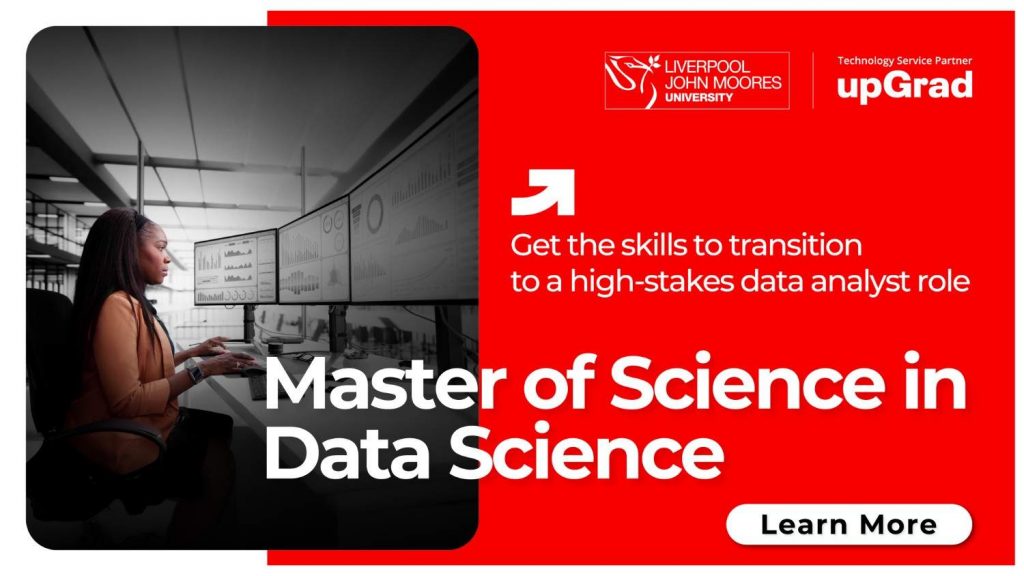Once seen as a futuristic concept, AI is now reshaping classrooms across Singapore. With 86% of students and 67% of employees already using GenAI tools, and daily usage expected to grow by over 200% in five years, the shift is undeniable. The rise of generative AI in education brings both promise and concern, from personalised learning to ethical dilemmas. Is it empowering educators and learners or undermining traditional teaching values? This blog examines how Singapore’s education system is responding to this double-edged innovation with a clear-eyed approach.
Source: Deloitte
Take your skills to the next level — Explore Generative AI Courses and Certifications Online
Generative AI in Education: Practical Classroom Applications
As adoption accelerates, generative AI in education is transitioning from theory to everyday practice. Schools and universities across Singapore are already exploring AI-powered tools to enhance learning, streamline operations, and support inclusion.
The table below highlights some practical classroom applications demonstrating this shift:
| Application | Example Scenario |
| Personalised Tutoring | AI tools like Khanmigo tailor lessons to student pace. |
| Administrative Assistance | Automates grading and scheduling. |
| Multilingual & Accessibility | Translates lessons and adds captions. |
| Project-Based Learning Aids | Aids in brainstorming, simulating, and drafting. |
| Academic Integrity Monitoring | Detects plagiarism and AI-generated content. |
Also Read: How to Become a Generative AI Expert: Career Pathways and Education Options in Singapore
Personalised Tutoring
AI platforms like Khanmigo and Scribe offer adaptive tutoring that adjusts to a student’s pace and learning style. These tools can help struggling learners catch up and support advanced learners in progressing more quickly.
- Benefit: Delivers tailored learning experiences that boost engagement and performance.
- Threat: May reduce critical thinking if students become overly reliant on AI-generated answers.
Also Read: Generative AI Jobs in Singapore: High-Demand Roles You Should Know About
Administrative Assistance
Generative AI can automate repetitive tasks such as grading, attendance tracking, and feedback generation. This helps educators focus more on instruction and student engagement.
- Benefit: Saves valuable time and reduces manual workload for teachers.
- Threat: Poses data privacy risks, especially when handling sensitive student records.
Also Read: The Risks and Challenges of Using Generative AI in Singapore: What You Need to Know
Multilingual & Accessibility Tools
AI-powered translation and captioning tools support learners with language barriers or disabilities, making content more inclusive.
- Benefit: Promotes accessibility and equal learning opportunities across diverse student groups.
- Threat: Inaccurate translations or misinterpretations could hinder understanding.
Also Read: How Long Does It Take to Learn New AI Skills?
Project-Based Learning Aids
Students can use generative AI for brainstorming ideas, simulating outcomes, or drafting sections of their projects.
- Benefit: Enhances creativity, exploration, and independent learning.
- Threat: Blurs authorship boundaries and may reduce original student effort.
Also Read: 5 Must-Try Generative AI Tools for Creative Designers in Singapore
Academic Integrity Monitoring
AI tools help detect plagiarism and flag AI-generated content in assignments, supporting fair assessment. These systems analyse writing style, source patterns, and originality to maintain academic integrity.
- Benefit: Strengthens trust in academic evaluations.
- Threat: False positives may unfairly penalise students without proper verification mechanisms.
Also Read: How Learning Generative AI Closes the Skills Gap for Non-Tech Professionals in Singapore
Key Challenges & Concerns in AI‑Enabled Learning
While the generative AI benefits in learning environments are significant, several challenges must be addressed to ensure the responsible use of AI in education:
- Academic Dishonesty: Easy access to AI tools can lead to plagiarism and shortcut learning.
- Bias in Outputs: AI models may perpetuate social or cultural biases inherent in the training data.
- Accuracy & Hallucination: AI-generated answers can sound correct but be factually wrong, undermining trust.
- Data Privacy: Storing and processing student data raises serious concerns around consent and protection.
- Reduced Critical Thinking: Over-reliance on AI can limit students’ ability to think independently.
- Equity Issues: Not all students or schools have equal access to AI tools, widening the digital divide.
- Lack of Policy: The rapid rise of AI demands updated policies to govern its ethical and practical use.
These threats of generative AI underscore the need to balance innovation with oversight to unlock its full benefits while safeguarding learners.
Also Read: 10 Advanced Generative AI Techniques to Boost Workflow in Today’s In-Demand Careers
Empower Your Teaching with upGrad’s AI‑Ready Education Programs
Step confidently into the future of Singapore’s education system with upGrad’s online AI programs. Tailored for educators, these courses offer practical training in generative AI, model fine-tuning, ethical use, and real classroom applications. Learn from industry experts and acquire the skills necessary to integrate AI into your teaching with a lasting impact, effectively. Whether you’re innovating your lessons or leading change, upGrad gives you the tools to succeed. Enroll now to future-proof your role in an AI-driven education landscape.
Explore these online data science and generative AI courses through upGrad in Singapore!
- Executive Diploma in Machine Learning and AI from IIT Bangalore
- Master of Science in Machine Learning & AI from Liverpool John Moores University
🎓 Explore Our Top-Rated Courses in Singapore
Take the next step in your career with industry-relevant online courses designed for working professionals in Singapore.
FAQs On Generative AI in Singapore’s Education System
Q: How reliable are AI-generated answers in class settings?
Ans: AI-generated responses can be helpful, but educators should constantly review them. Reliability improves when models are fine-tuned with academic content and used in conjunction with human oversight.
Q: How do we prevent bias and hallucinations in AI outputs?
Ans: Bias and hallucinations can be mitigated by utilising high-quality, diverse training data and employing robust evaluation methods. Fine-tuning the AI model for business or education-specific needs helps ensure accuracy.
Q: Are student data safe with AI platforms?
Ans: Yes, responsible AI platforms enforce strict data privacy and compliance measures such as GDPR and FERPA to protect student information.
Q: How can educators effectively upskill in using AI?
Ans: Educators can take structured programs focused on generative AI, prompt engineering, and digital pedagogy. Hands-on practice and expert-led training accelerate learning.
Q: How does upGrad support teacher readiness for AI adoption?
Ans: upGrad offers curated modules, mentorship, and real-world use cases that help educators integrate AI confidently into their classrooms and administrative tasks.
































